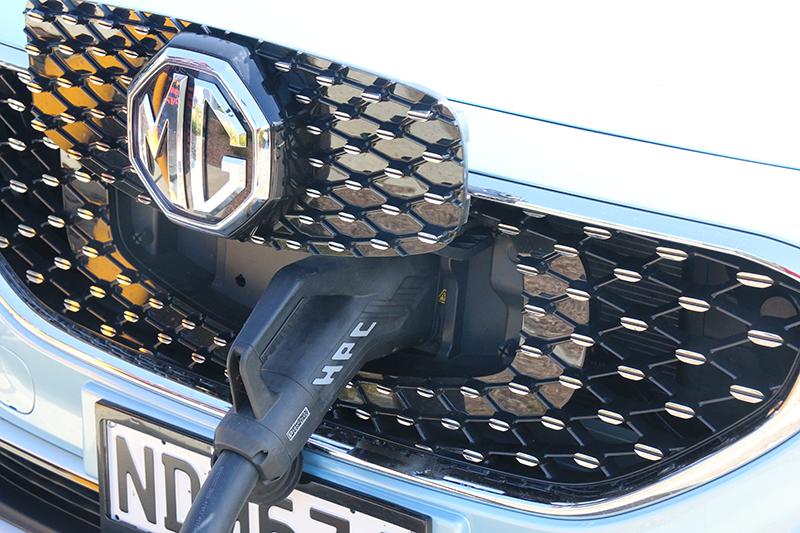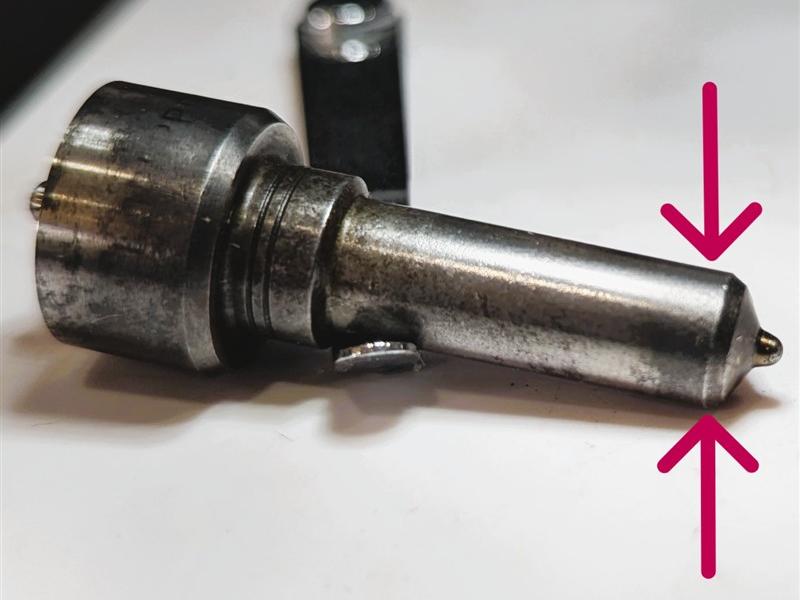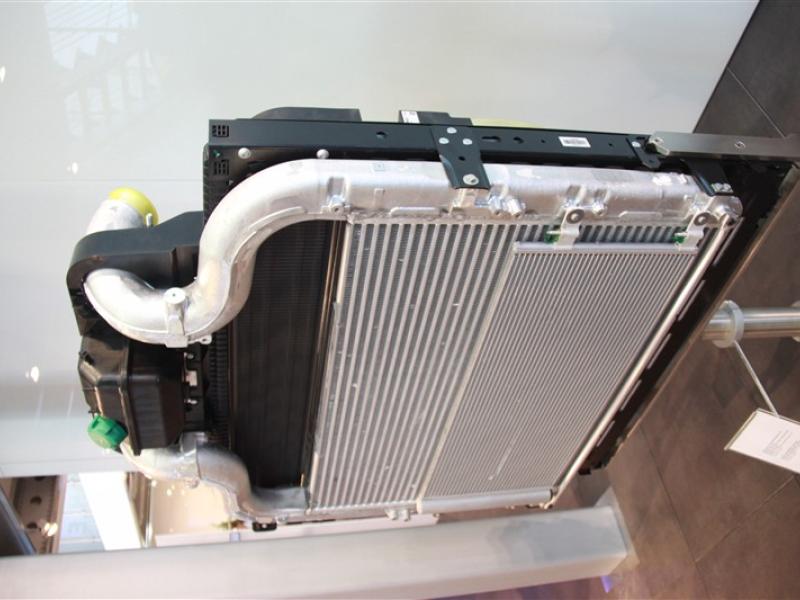Battery-powered electric vehicles are now more reliable and can match the lifespans of traditional cars and vans with petrol and diesel engines – marking a pivotal moment in the drive towards sustainable transportation, a new study reveals.
Researchers used nearly 300 million UK Ministry of Transport (MOT) test records charting the ‘health’ of every vehicle on the United Kingdom’s roads between 2005 and 2022 to estimate vehicle longevity and provide a comprehensive analysis of survival rates for different powertrains.
The international research team found that, although early Battery Electric Vehicles (BEVs) were less reliable than internal combustion engine vehicles (ICEVs), rapid advances in technology have enabled newer BEVs to achieve comparable lifespans, even under more intensive use.
Researchers found that BEVs demonstrated the most rapid improvement in reliability, with a 12 percent lower likelihood of failure (hazard rate) for each successive year of production, compared to 6.7 percent for petrol and 1.9 percent for diesel vehicles.
Publishing their findings in Nature Energy, researchers from the University of Birmingham, London School of Economics and Political Science (LSE), University of California San Diego, and University of Bern, Switzerland, reveal that, on average, BEVs now have a lifespan of 18.4 years and can travel up to 124,000 miles, surpassing traditional petrol cars in mileage.
They also identify top-performing brands in terms of vehicle longevity. Tesla leads among BEVs. For petrol and diesel vehicles, Audi and Skoda are the best performers, respectively.
Co-author Robert Elliott, Professor of Economics at the University of Birmingham, commented: “BEVs offer significant environmental benefits, especially as Europe switches to a more renewable energy mix. Despite higher initial emissions from production, a long-lasting electric vehicle can quickly offset its carbon footprint, contributing to the fight against climate change – making them a more sustainable long-term option.
“Our findings offer consumers reliable data to make informed decisions about their vehicle purchases, whilst policymakers can use our insights to shape regulations and incentives that promote the adoption of durable and environmentally friendly vehicles and plan ahead their end-of-life treatment.”
The study highlights the importance of advances in technology in promoting the adoption of BEVs. It also provides valuable insights for fleet replacement strategies and planning how to effectively recycle electric vehicles at the end of their working life.






